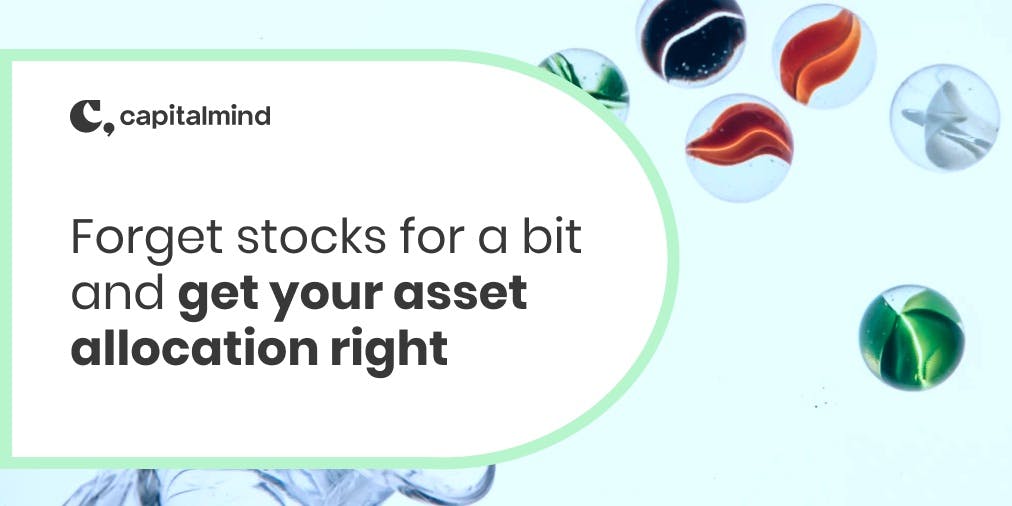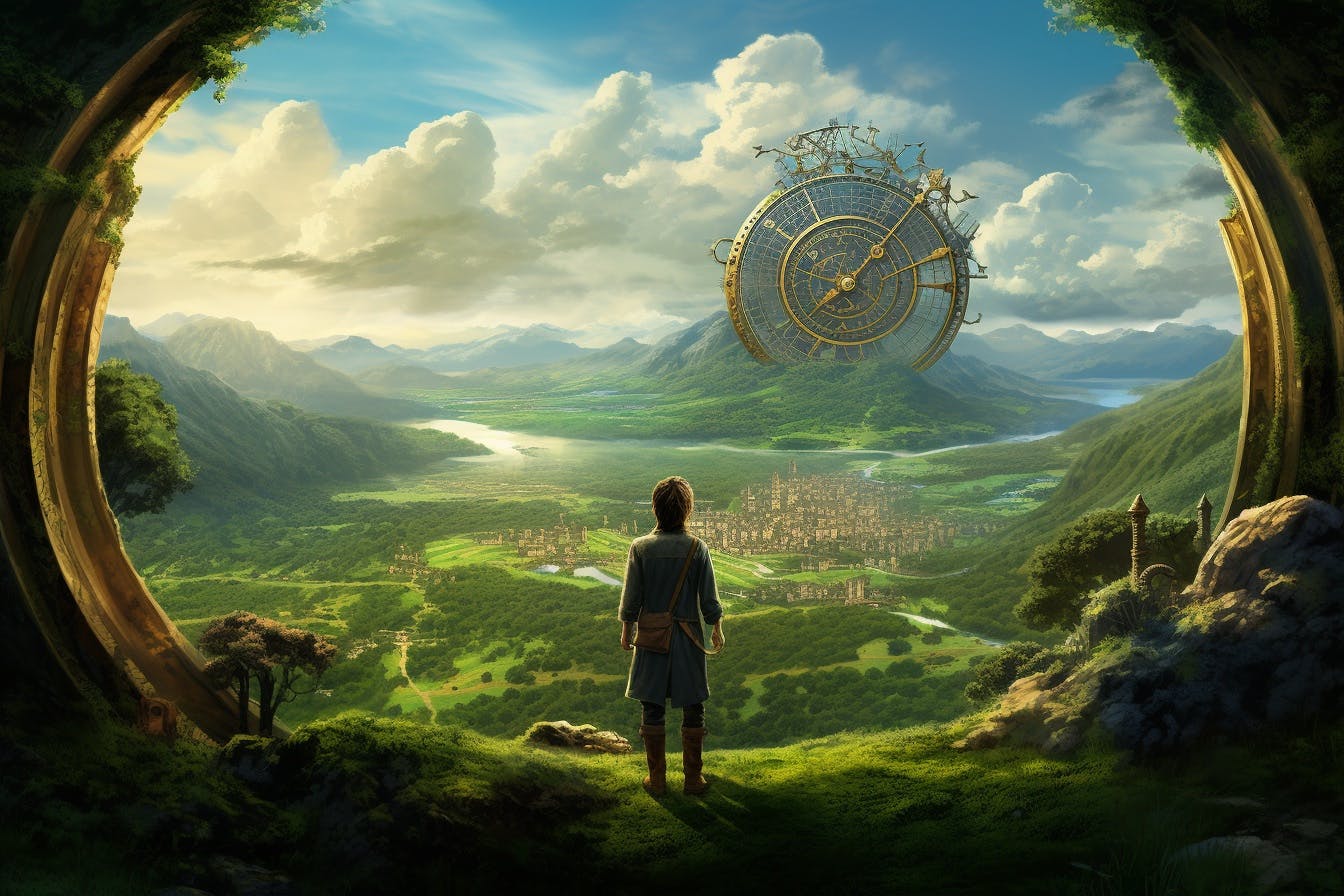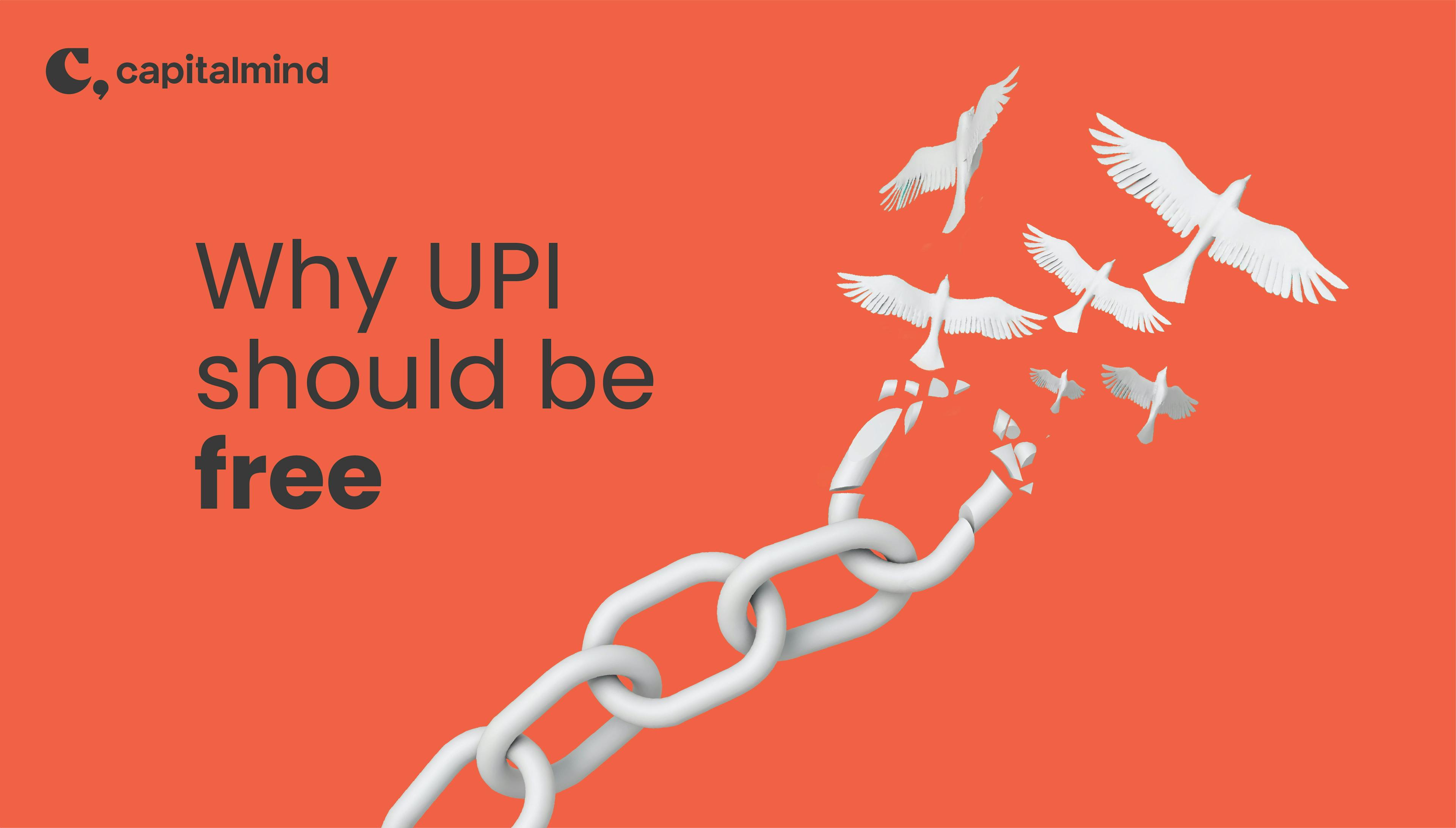(category)Deepak's Memos
The Breaking of GatekeepersThe Breaking of Gatekeepers
Deepak Shenoy•

Here’s what we’ve done on performance:

Gatekeepers beware: progress is here
The US elections had me thinking, like most of those tuned in to the unending flow on social media: How crazy are these people? I cannot comment meaningfully on the candidates other than that if Trump wins, we will have an enormous amount of entertainment in the next few years. But the elections made me understand something deeper. That the gatekeepers are in distress, irreversibly.
The media were the gatekeepers to public opinion. Candidates would meet the press, and the press would decide what they wanted to write. People would also hear the candidates, through the lens of the media. In debates, questions would be asked, some candidates interrupted consistently, others allowed to blabber. The media was biased too, and sometimes officially, because even newspapers could “endorse” a candidate. How is any reporting by the media house that is critical of their “non-endorsed” candidate be considered useful at all? But no, those are trivial, because this is the media and they were the gatekeepers of public opinion.
Of course, the media didn’t always actually win. Candidates would speak directly to the public, through rallies. Or by door-to-door campaigns. Or by having their teams speak to people. But these don’t really scale well - the teams don’t always have the charisma of the leaders. And then, the reporting on these “events” were by the same biased media, so if you forgot to go to a rally, you would get the information about it filtered through the same biased lens that chose to endorse one candidate versus the other.
Something has changed in the last few elections. The change has been gradual, but it’s so evident now. The media are no longer the gatekeepers. Everyone is a journalist, because they can chop up videos appropriately and share it very quickly on social media. The candidates directly tweet their thoughts and it is propagated directly, online, to their followers and to the world. The media just scrambles to cover those tweets, and if they misrepresent them, there are others who will screenshot the articles and tell us exactly how wrong the media are.
At some point, the ‘mainstream’ media does not mean the TV channels, nor newspapers. What is mainstream is Twitter (X), Whatsapp and Instagram. The instant consumption, the quick dissemination and the unfiltered access - this should scare the traditional media substantially. They were the gatekeepers, and now they’re just another opinion in the mix, and because they’re openly biased, they are deeply mistrusted. In some way, the sources of information are more easily available, so why not go to them directly?
The changes are huge in media - elections will now use social media to influence public opinion a lot more than the old school traditional media. And it’s not going to reverse.
Think now of advertising. Yes, it’s already moved into the digital domain, but people have learned to switch off ads. The traditional print format static ad is passe. The ads with bright shiny gifs is gone. Now things have gotten more subtle. It started with product placements where you would see, subliminally, products used in a movie or a TV series - and they even made a movie about it all - The Truman Show. This is now more mainstream - it’s not just that companies are placing their products in movies. They’re even making the movies, with storylines and all that, even seven minutes long.
See this ad. (Thanks to Anoop for discovering this) It’s in marathi, an advertisement for Bhakarwadi, a spicy snack popular in Maharashtra. A 7 minute ad that is engaging and even has Sachin Tendulkar, and it’s only towards the end that you realize it’s an advertisement. It’s engaging content that drives people to understand the brand. The gatekeepers to the consumer’s eyes were also the media - now, people share such videos with their friends because they like the content, and the Bhakarwadi’s manufacturer gets more direct eyeballs.
Further down, you would have had to buy that very Bhakarwadi from a nearby store, and if they don’t stock it, too bad. But this is changing too. Recently, Vashistha told me about the crazy madness in furniture. You can buy a fancy table at a high-brand website for a big price - but if you look closely there’s a manufacturer name in there. That’s a tiny little factory in Rajasthan, and if you google, you find that the tiny company has a shopify based website, which has the same thing at 1/3rd the price. The aggregators are good, but the manufacturers are getting in on the action too, and to the customer it’s way cheaper. What makes this possible? Good logistics - from roads to rail to airports, the physical infrastructure is there, there are companies that manage these logistics, there are great packaging solutions now, and finally, the internet makes it possible to track everything in real time, and even ensure payments are made seamlessly.
Tesla has no dealers. It shouldn’t - the lack of major repairs (no oil change, no fuel filters, etc) means that a dealer has no major service income anyhow. You couldn’t imagine a company selling a car directly to customers, but Tesla’s done it. And I’m sure Ola’s doing it, as is Ather and so on, in India. Atomberg, a startup in India, makes fans and grinders that now feature in any online website, and you can also buy directly from them. The approach isn’t so much that they are new; it’s that they are trustworthy because they’re on social media and you can access them directly, and you can relate to them.
Now think of restaurants. They might complain of the costs of Swiggy and Zomato, but a few of the really popular restaurants probably have thought seriously about taking orders directly. There will probably be enough room for them to create apps or websites to order - or even using Whatsapp. This will allow you the same dishes, but at a cheaper price - if they could handle or solve the logistics of delivery. (Currently it’s too expensive to hire delivery drivers as those people get better deals from the loss making food aggregation startups)
The financial world is changing too. More and more money is invested “directly” by customers into mutual funds - so much that it’s 50% of all inflows now, compared to 33% last year. UPI is “direct” from one bank account to another, without a fee, and its 15x the size of any other retail payment instrument. Recently a hospital, which is in our portfolio, decided to offer insurance directly to patients. So that they don’t have to fight with insurers about what is allowed and what isn’t. Loans are now direct, and online, with little or no wet signatures, directly from the lenders.
Brokers used to tell you what to buy. Now, the biggest brokers educate you about investing in general, but you choose your own stocks or mutual funds. Companies used to have a disdain for retail investors, believing that institutional analysts were the people they should meet - but if you go through conference calls now, you find a lot of very intelligent questions from retail investors.
If everything slowly starts to move to direct mode, then what happens? If at some point you don’t need a broker, why can’t exchanges directly work with customers? Why should an FII use a broker at all for most of their transactions? What happens to brokers if SEBI allows institutional investors to trade directly on exchanges?
This applies everywhere else too. And because of that, the leaders of today will not be the leaders of tomorrow unless they get their act together. The large MNC brands today feel India is slowing down, because their products aren’t selling. But it’s not that people aren’t buying noodles. They’re just not buying “their” noodles. Or “their” soaps. There are craft soaps on online apps that appear magically in 10 minutes. And different types of noodles. And chocolates. Even razor blades. Brands today are created for and nurtured in those tiny screens you hold in your hand, through short video clips that are made by kids in their spare time, using “memes” which are ludicrous enough to make you laugh.
India is a country that has way too many costs of intermediation. Farmers get a pittance, you pay a lot, and someone in the middle is happy. Garments, shoes, medicines, tickets to Coldplay and cricket matches, they’re all going to see things change as the world moves slowly towards “Aap party hain ya broker?”.
(Note: that is a reference from Khosla ka Ghosla, a legendary movie that you must watch if you haven’t. I do not have it in me to translate that line meaningfully enough.)
Investing, in the next decade, is going to be about identifying the companies that will profit from this change. It might be the platforms. It might be the logistics companies. It might be the internet providers. But it will not be wise to rest on the laurels of a brand you built by threatening shopkeepers that if you stock my competitor’s product, I won’t give you my oh-so-popular one.
Even Google got fined 2 billion UK Pounds because it denied a certain website a visible rank because it did shopping comparisons (which Google also did). In fact, more such actions will ensure that the giants are cut down to size by regulation. The game is changing, even as we speak, because the giants are losing out to AI in what was their own territory.
They are all gatekeepers. The concept of gatekeeping will remain, of course, forever. But it will get more evolved, and mostly because the consumers will have the option of going direct. So if a company that’s in the “middle” had better add a lot of value, otherwise it’s just going to be roadkill. And what will come out of it is great new beginnings, of those that evolved, of those that fostered direct relationships, and of those that went beyond the traditional mechanisms of using gatekeepers to access consumers.
It will be slow, and just like it has upended media companies, this change to the mechanism of gatekeepers will magnify the evolution of brands, companies and markets in India.
All change is good, and all change is evil, from some perspective or the other. But in this change is one sure thing: progress. We will evolve, for the better. We no longer need to go to a phone booth to make a call - and while we may feel sad that a movie like “phone booth” might never get made again - we know that it’s progress to be able to call someone anytime, anywhere (and it’s good and evil at the same time!).
Diwali, in many ways, celebrates the victory of knowledge over ignorance. The festival of lights is about driving away darkness. We hope to help, and we hope to learn. It’s a time to look back and be happy, and it’s a time to look forward and progress. As we scale into another year ahead, all of us at Capitalmind wish you the most Prosperous and Joyous Diwali ever!
Opening the gates,
Deepak
Related Posts
Make your money work as hard as you do.
Talk to a Capitalmind Client AdvisorInvesting is not one size fits all
Learn more about our distinct investment strategies and how they fit into your portfolio.
Learn more about our portfoliosUnlock your wealth potential
Start your journey today



